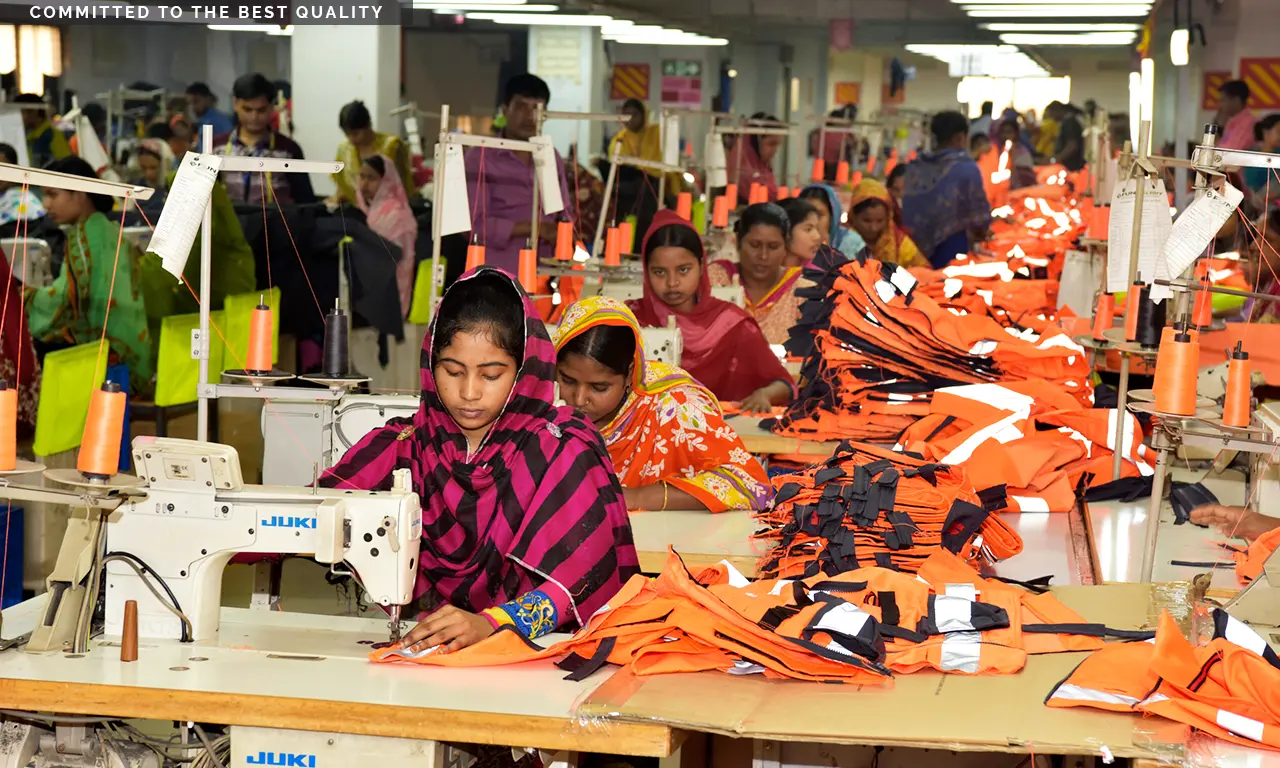
The readymade clothing (RMG) industry of Bangladesh is one of the largest and most important sectors of the country's economy. The industry employs over 4 million people and accounts for over 80% of Bangladesh's export earnings.
The RMG industry has been growing rapidly in recent years, and is now the second largest RMG exporter in the world, after China. The industry has benefited from a number of factors, including low labor costs, a large pool of skilled workers, and a strategic location near major markets.
Here are some of the factors that are expected to drive the growth of the RMG industry in Bangladesh in the coming years:
- Growing demand for apparel: The global demand for apparel is expected to grow in the coming years, driven by factors such as population growth, rising incomes, and changing fashion trends.
- Bangladesh's competitive advantage: Bangladesh has a number of competitive advantages in the RMG industry, including low labor costs, a large pool of skilled workers, and a strategic location near major markets.
- Government support: The government of Bangladesh is providing strong support to the RMG industry, through initiatives such as investment incentives, training programs, and infrastructure development.
- Technological Advancements: The future of the readymade clothing industry in Bangladesh will be heavily influenced by technological advancements. Automation, artificial intelligence, and robotics will play a significant role in streamlining production processes, increasing efficiency, and reducing costs.
- Sustainable Practices: Sustainability will be a key focus in the future of the readymade clothing industry. Bangladesh will strive to adopt eco-friendly manufacturing practices, including the use of organic and recycled materials, energy-efficient machinery, and waste reduction measures. Brands will prioritize sustainable sourcing and supply chain transparency.
- Ethical Manufacturing: There will be a continued emphasis on ethical manufacturing practices, ensuring safe working conditions, fair wages, and workers' rights. International labor standards and certifications will be increasingly adopted to enhance the industry's reputation and appeal to conscious consumers.
- Product Diversification: Bangladesh will expand its product offerings beyond basic apparel items. The industry will invest in research and development to produce more specialized garments, such as athleisure wear, performance fabrics, and high-quality fashion items to cater to evolving consumer preferences.
- Customization and Personalization: With advancements in technology and manufacturing processes, customization and personalization options will become more accessible to consumers. Tailoring garments to individual preferences and offering personalized experiences will become a common practice, allowing brands to differentiate themselves and cater to niche markets.
- Global Partnerships: The industry will forge stronger global partnerships and collaborations. Bangladesh-based manufacturers and brands will collaborate with international designers, retailers, and fashion houses to expand their reach and gain exposure to new markets. Joint ventures and strategic alliances will be formed to enhance competitiveness.
- Focus on Innovation: The future of the readymade clothing industry in Bangladesh will be driven by innovation. Research and development centers will be established to foster creativity, experiment with new materials and manufacturing techniques, and develop cutting-edge designs. The industry will strive to be at the forefront of fashion and technology.
- Supply Chain Integration: Efforts will be made to enhance supply chain integration and efficiency. Closer collaboration between manufacturers, suppliers, and logistics providers will help streamline processes, reduce lead times, and ensure timely delivery of products to global markets.
The RMG industry is a major driver of economic growth in Bangladesh. The industry is expected to continue to grow in the coming years, and Bangladesh is well-positioned to remain a major player in the global RMG market.
Here are some of the challenges that the RMG industry in Bangladesh faces:
- Rising labor costs: Labor costs in Bangladesh are rising, which is putting pressure on the profitability of the RMG industry.
- Competition from other low-cost countries: Bangladesh faces competition from other low-cost countries, such as Vietnam and Cambodia. These countries are offering lower labor costs and other incentives to attract RMG investment.
- Concerns about safety and working conditions: There have been a number of high-profile accidents in the RMG industry in Bangladesh, which have raised concerns about safety and working conditions. These concerns have led to calls for stricter regulations and enforcement of safety standards.
The RMG industry in Bangladesh is facing a number of challenges, but the industry is also well-positioned to overcome these challenges and continue to grow in the coming years. The industry has a number of competitive advantages, and the government of Bangladesh is providing strong support. With continued investment and innovation, the RMG industry in Bangladesh can continue to be a major driver of economic growth for the country.
Leave a Reply
Your email address will not be published.

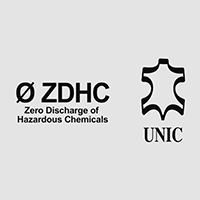
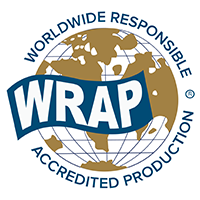








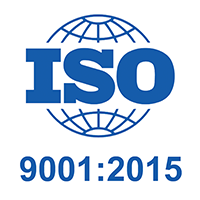






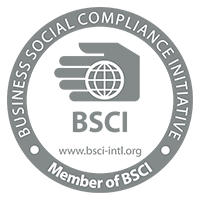



Comments
0 Comment